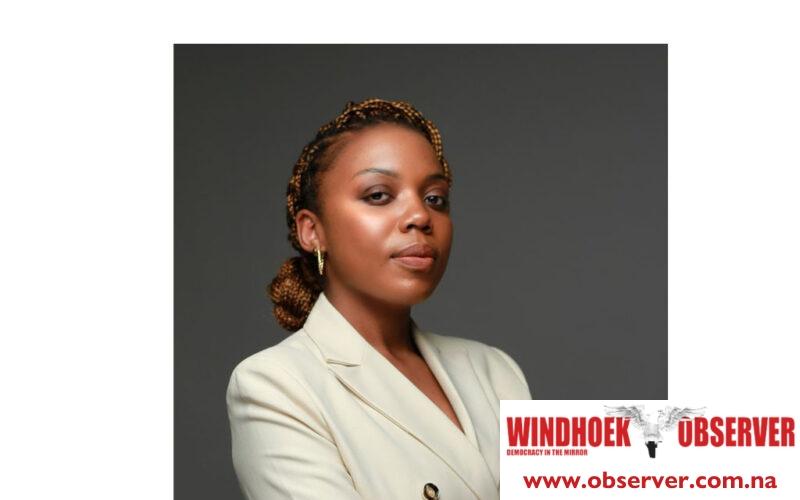Esther Shakela
On the 28th January 2024, military rulers of Mali, Burkina Faso (Upper Volta) and Niger announced their exit from the Economic Community of West African States (ECOWAS) following a series of coup d’états carried out in the region overthrowing Presidents and regimes considered to be threats to the welfare of citizens or demonstrating incompetence in governance.
The reasons cited for this move include assertions that the organization no longer identifies with Pan-Africanist ideals, operates under foreign influence, imposed imprudent sanctions which exacerbated the living conditions of their populace and “has not provided assistance to the states in the context of their existential fight against terrorism and insecurity”, according to the joint press statement released by the three rulers.
ECOWAS is an establishment of the Treaty of Lagos (1975) initially with the sole mandate to achieve economic integration of countries in the Western Region of Africa. Since its inception, tensions and political violence have risen considerably, rendering that mandate obsolete in the face of declining democracy amongst member states. Realizing that the absence of democracy and the rule of law is detrimental to the achievement of its goal for economic integration, in 2003 the organization ratified a Supplementary Protocol on Democracy and Good Governance outlining principles and guidelines on election, the role of armed forces in a democracy, rule of law and constitutional convergence, amongst others.
At the helm of ECOWAS is Nigerian President Ahmed Bola Tinubu whose victory in recently concluded ‘elections’ has been variously questioned with concerns raised over the possible rigging of the elections to ensure he emerged as President. In addition to this, there has been reports of human rights violations in Nigeria during the 2023 election period. The irregularities surrounding his own election into office begs the question of the legitimacy he has to preside over peacekeeping operations in the region. This very irony is the premise on which there has been celebrations over Mali, Burkina Faso and Niger’s decision to exit ECOWAS with mentions of the lack of leadership by the current chair of the organization.
Owing to the fact that the Western African region has proved incredibly prone to violent conflict, it is no surprise that ECOWAS is regarded to be at the forefront of peacekeeping operations. Despite the mechanisms employed through the architecture of the organization, military intervention has not ceased in the region and has in fact, become recurring in countries such as Mali and Nigeria, which has been under military rule for a lifetime.
The weakness of ECOWAS in maintaining unity presents a catastrophic scenario as division translates into a difficulty to uphold a united force against rebel groups which means that the siege of violence will remain unbroken and peace and security stays a dream for long suffering citizens. Moreover and perhaps on a much larger scale, the disintegration of the organization poses a significant threat to operationalization of the African Continental Free Trade Area Agreement (AFCFTA) which has the objectives to create a single market for goods and services, facilitated by the free movement of persons; citizens of Mali, Burkina Faso and Niger will no longer be able to use the ECOWAS passport which hampers free movement and being in land locked countries, the closing of borders is not expected to have positive repercussions either.
That is one side of the coin.
West Africa has been locked in a regular rhythm of coup and counter coup with each coup plotter lamenting the ineptitude and corruption of the incumbent government and sometimes, with the promise to return the barracks once order has been restored. Alex Thomson (2010) observed that all coups involve a “short circuit of the political process, creating an opportunity for violence to become a deciding factor”.
Although it can be argued that the military has the organisational ability and technology to take on any other group within the state or within civil society and its intervention is often welcomed as an ushering in of a new era, it cannot be disputed that toppling an old government is much easier than establishing an effective replacement government and most military regimes realize sooner rather than later that a government cannot be based solely on the capacity to inflict violence.
Yet, amidst this disarray, a deeper issue emerges—one of leadership. Cycles of coups and counter-coups in West Africa often stem from governments’ failure to address socio-economic challenges. That failure carried the same potential to depose the government as much as the military did; only the methods would differ.
That is the other side of the coin.
As ECOWAS grapples with its own internal challenges and the potential exodus of key member states, the spotlight is firmly on the critical role of leadership. The unfolding events in West Africa emphasize the need for visionary and accountable leadership to steer nations and regional blocs through turbulent times.
Regardless of which side of the coin one examines, the central theme is leadership. Both organizations and countries rely on skilled leadership to navigate complex terrains of people management. As ECOWAS grapples with internal strife, the essence of leadership remains paramount. It is a reminder that everything, indeed, rises and falls on leadership.
Esther is a young Namibian with keen interest in politics, international relations, peace and security. She is currently pursuing a Masters in Security and Strategic Studies at the University of Namibia. Views expressed herein do not reflect those of her employer. You can reach her at esthershakela@gmail.com




